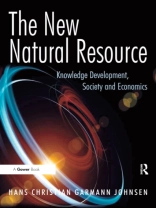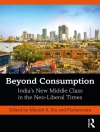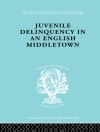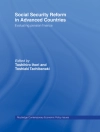Increasingly in the public discourse there are references to the knowledge economy, knowledge society, knowledge workers and knowledge organisations. The argument is that knowledge is becoming the main economic resource, replacing the natural resources that drove the industrial revolution. The new knowledge economy is driven by knowledge development, innovation and highly skilled employees. Increasing investment in higher education and in universities is in line with this strategy and understanding. In an earlier book, Creating Collaborative Advantage edited with Richard Ennals, Professor Hans Christian Garmann Johnsen argued that it is knowledge that links social and economic processes. He believes that what is missing in the current discussion on innovation is a conceptualisation of exactly what knowledge is. In The New Natural Resource, he digs deeper into what it is and how it develops and subsequently leads to widespread change. The author argues that knowledge is inherently a social phenomenon. That is why social processes are closely linked to economic development, and why this relationship becomes even more apparent in the new knowledge economy. Knowledge is not an objective entity, established once and for all. Knowledge development is interrelated with values, norms, perceptions and interpretations. We need to know what the mechanisms are by which knowledge becomes legitimate, true and relevant.
Hans Christian Garmann Johnsen
The New Natural Resource [PDF ebook]
Knowledge Development, Society and Economics
The New Natural Resource [PDF ebook]
Knowledge Development, Society and Economics
购买此电子书可免费获赠一本!
格式 PDF ● 网页 304 ● ISBN 9781317022756 ● 出版者 Taylor and Francis ● 发布时间 2016 ● 下载 3 时 ● 货币 EUR ● ID 4858783 ● 复制保护 Adobe DRM
需要具备DRM功能的电子书阅读器












